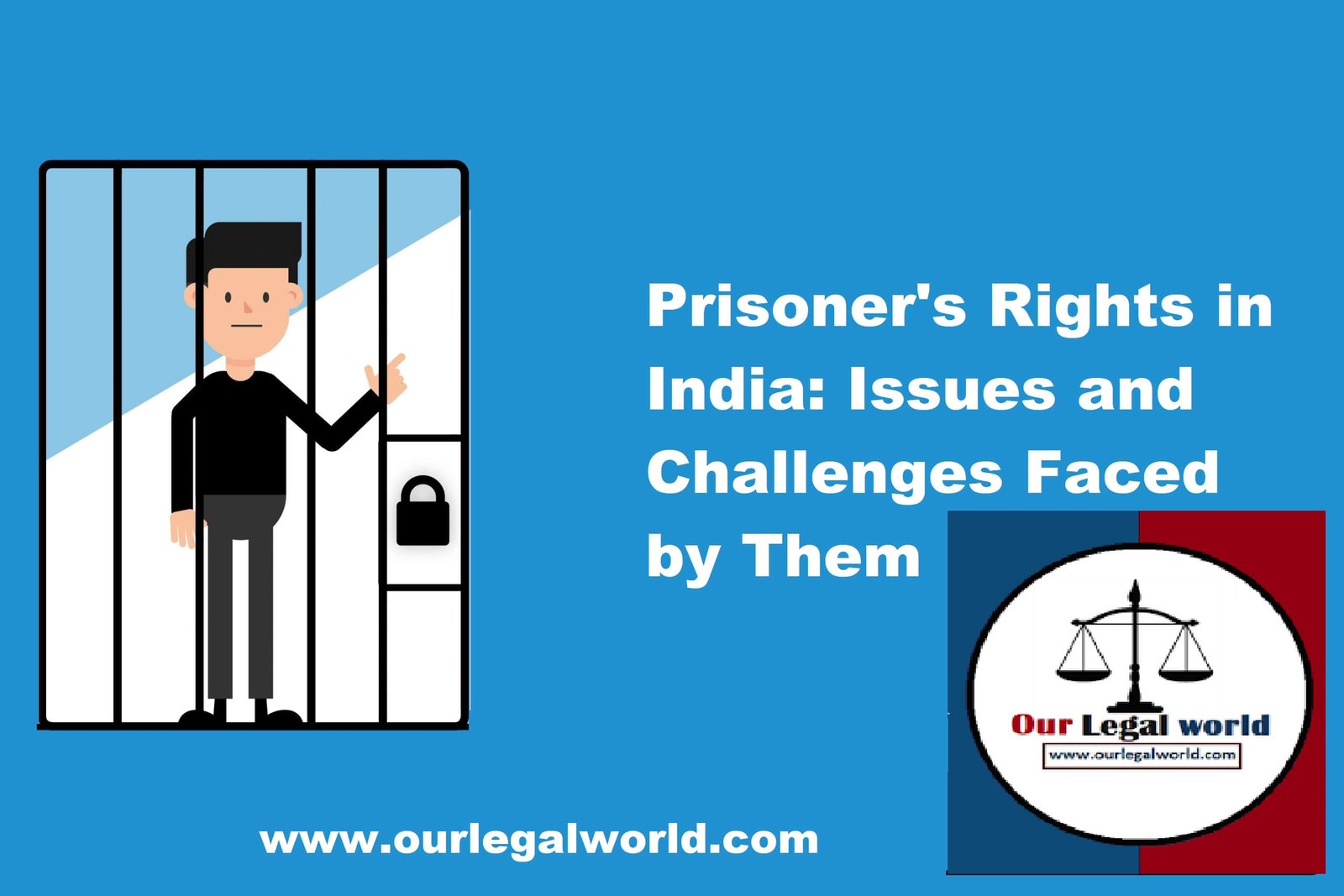All you need to know about Online Gaming/ Online Gambling Laws in India
Introduction
Games whether in the form of gambling or on basis of skills, are played by people of all age groups globally for their entertainment value. Though Gambling is now illegal in India but surprisingly it has been an integral part of the Indian culture since time immemorial. Evidences of Indians enjoying gambling can be traced back to the Mahabharata, one of India’s oldest mythological epics.
India’s Gaming industry has undergone a paradigm shift with technological and digital advancements. The online gaming industry has already witnessed an exceptional growth and holds vast potential ahead, considering India’s huge young population and the expansive reach of smartphones and internet connection even to the rural-remote areas. The industry revenues have nearly doubled over a period of four years, reaching INR 43.8 billion in FY18 and are expected to grow further at a CAGR of 22.1 per cent from FY18-23, expected to reach INR 118.8 billion.
With a surge in the number of online gaming sites over the last decade, the question which arises in many minds is whether online games are legal in India or not. Unfortunately it is not that easy to answer the above question vividly due to the complicated legal framework on online-gaming.
Legal framework regulating the gaming /gambling industry:-
1. Physical Gambling and Betting
The Constitution of India has entrusted the State Legislatures with the power to frame and enact state specific laws on ‘Gambling and Betting’. Several Indian states like Uttar Pradesh, Delhi and Madhya Pradesh have adopted the Public Gambling Act 1867 to regulate gambling activities. The remaining states have enacted their own legislation to regulate gaming activities within their geographical territory. As most of these legislations were enacted before the advent of online games and betting, so they primarily refer to and deal with the gambling pursuits occurring in physical premises.
Here are some state legislations regulating Physical Gambling and Betting:-
• Bombay Prevention of Gambling Act, 1887
• Punjab Public Gambling Act, 1867
• Madhya Pradesh Public Gambling Act,1867
• Tamil Nadu Gaming Act, 1930
• Tamil Nadu City Police Gaming Rules, 1949
• The West Bengal Gambling and Prize Competitions Act, 1957
• The West Bengal Gambling Rules, 1958 permits
• Uttar Pradesh Public Gambling Act, 1961
• The Meghalaya Prevention of Gambling Act, 1970
• The Kerala Gambling Act, 1960
• The J. & K. Public Gambling Act, 1977
• Goa, Daman and Diu Public Gambling Act, 1976
• The Pondicherry Gaming Act, 1965
• The Rajasthan Public Gambling Ordinance, 1949
2. Online Gambling
Only two states of India i.e, Sikkim and Nagaland have specific laws which permits and controls the online gambling activities.
• Sikkim Online Gaming (Regulation) Act 2008 was passed with dual intentions of controlling and imposing regulations on online gaming activities through electronic or non-electronic means and levying taxes for playing those games in State of Sikkim.
Recently in 2018, the Sikkim Online Gaming (Regulation) Rules got amended , to introduce a new provision which made it obligatory to have a photo identity card issued from outside the State of Sikkim for getting an entry into online gaming zones; and thus prohibiting the local residents from indulging into online betting games.
• Nagaland Prohibition of Gambling and Promotion and Regulation of Online Games of Skill Act 2015 and the Nagaland Prohibition of Gaming and Promotion and Regulation of Online Games of Skill Rules 2016, regulate, inspect and keep a tab on games requiring skills such as online Sudoku, online quizzes, chess, bridge, rummy, poker, nap, spades, solitaire, online-golf and car racing games.
3. Fantasy Sports
Fantasy Sports are online prediction games where the gamers put together a virtual team of real sports players such as players from the Indian Premier League (IPL), the National Basketball Association (NBA), and English Premier League (EPL) etc.
These online gamers are called ‘Managers’ and managers setup a team of players in a particular league and earn points based on real life statistics that are converted into fantasy points. The better the player performs in real life, the higher fantasy points are gained by the managers. Every manager plays to win against other managers and their teams. Every manager manages a roster by adding, dropping, trading and selling players to keep winning.
Some of the fantasy sports games are argued to be predominantly skill-based and as skill based games are excluded from the scope of gambling, Fantasy sports are also debarred from the State Gambling legislations (except Legislations of Assam, Odisha and Telangana).
The main legal issue faced by various Indian online gaming companies is whether Fantasy sports falls under the category of skill-based games or a game based on mere chance. Well, India has resolved this issue by following the U.S principle of the ‘Dominant Factor test’.
The High Court of Punjab and Haryana has held Dream 11, a prominent fantasy sports platform’s game format to be a game of skill in the case of Shri Varun Gumber vs. UT of Chandigarh & Ors. (Popularly known as the Varun Gumber case). The Court clarified that: “Playing of fantasy game by any participant user involved forming of a virtual team by him which certainly required considerable skill, judgment and discretion. The participant had to assess the relative worth of each athlete/sportsperson as against all athlete/sportspersons available for selection. He was further required to study the rules and regulations of the strength of athlete or player and weakness also.” The Court also made it very clear that the business activity conducted by Dream 11 was legal and protected under Article 19(1)(g) of the Constitution.
4. Lotteries
The Constitution of India has given Central government the authority to enact laws with respect to lotteries. Lotteries have been debarred from the purview of Gambling laws and are regulated by the Central Law Lotteries (Regulation) Act, 1998. Under this Act, the state specific legislation and the Lottery (Regulation) Rules 2010 have been formed.
In 2015, a decision was made by the Supreme Court of India where, each state of India was given jurisdiction over the decision of whether a game of chance like lottery is legal or illegal. At present, only 13 Indian states are there where playing lottery is legal. Those states are- Assam, Arunachal Pradesh, Goa, Kerala, West Bengal, Punjab, Maharashtra, Madhya Pradesh, Manipur, Meghalaya, Mizoram, Nagaland and Sikkim.
In India private lotteries are prohibited under section 294A of the Indian Penal Code, 1860 (IPC). But few states like Maharashtra, Gujarat, and Karnataka etc. have repealed the section and enacted their own laws banning lotteries with an exception to the non-profit lotteries.
Online lottery is not illegal in India. Although some Indian states have specifically legalised online lottery sales through the state provider, most of the state laws do not specifically refer to online lottery ticket sales.
5. Casual and Social Games
Casual and Social games are those online games in which there is no prize-money involved. The concept of casual electronic gaming became popular with the Arcade Gaming machines introduced in western countries like USA. Slowly, these Arcade games paved the way to video games and ‘home entertainment’ gaming systems such as Microsoft Xbox series and Sony’s PlayStation series which are very popular nowadays all over the world. With the advent of fast internet, multiple player interfaces and ease of communication between online gamers, the online computer games have reached a new level of popularity and as a result there are millions of downloads causing millions of revenues.
Recently, social media platforms like Facebook has launched casual games like Hangman, City Ville, and Farmville etc. which have exerted much influence over the way users are using the social media networks. Though the casual games do not involve any sort of prize money but still laws are necessary to regulate these social games and maintain safety of the online gamers.
Pokémon GO by Niantic is an online game well known for its gameplay and tales of mishaps and unfortunate accidents. Niantic, the maker of the game had not formally launched the game in India but in 2016, the game was downloaded by millions of people in the country. The question that arose in many minds was whether the software company was bound by Indian laws if users had downloaded unauthorised versions of the app.
The game had a virtual currency called “Poke coins” by which the players could purchase virtual items like Poke Balls, Incense, Potions, Eggs and Lure Models and these virtual currencies were purchased with real currency. The game’s terms of service enunciated that users had a limited, revocable licence to all in-game items and had no ownership rights in them. They might also not buy or trade these items except as facilitated by Niantic. And Poké Coins and virtual assets were not redeemable for real currency. But the terms of service granted the users the right to the content that they generate. Under the Indian Copyright Law, one can get copyright protection easily on any original work as there is no high standard of creativity laid out for Copyright Protection. So, even an original selection and disposition of characters and in-game items of the game was amounted to receive copyright protection in certain cases. Apart from this, it was ambiguous that the gamers were doing something extra other than selecting from the limited set of options provided by Niantic. As the gameplay was getting more advanced it was quite viable that the input of the users would be more innovative and be worthy of Copyright/ Trademark protection. This situation could give birth to legal disputes over the rights to in-game content between various users and also between the users and Niantic, the maker of the game!
Also Read: Masters in Law (LLM) in UK: Top Universities, Eligibility
Another legal issue which cropped up was Trespass by the players and sometimes accidents took place as well. Due to the unique gameplay of Pokémon GO, the players needed to travel or walk holding their phones in front of them which caused distraction and led to many mishaps. In India many users had committed the tort of Trespass to another’s private property to collect the in-game items which were located on those properties. Moreover, the legal relationship between the owner of the particular property which was being trespassed and the game maker was not at all clear from the terms of service. In simpler words, the malcontent owners of Poke stop locations did not know how to resolve this problem of trespassing by unknown people who did not have any criminal intentions.
Other legal issues:
Many gaming websites in India consists of obscene contents which are offensive and distasteful under the Pornographic and Obscenity laws of India. According to the Indian Penal Code and the Information Technology Act, 2008, any matter which is lecherous or intrigues the libidinous interests and may dishonour and corrupt persons is regarded as ‘obscene’. In order to determine whether the images depicted and the content shared in the games are lascivious or intrigues any kind of libidinous interest, few factors are considered by the Court of Law which are as followed-
• Whether the work taken as a whole appeals to the libidinous interest
• Whether the work is patently offensive
• Whether the work taken as a whole, lacks serious literary, artistic, political or scientific value.
The court also takes into account other factors depending on the facts and circumstances of the case.
Under both these legislations, punishment can be in the form of imprisonment, ranging from 3 to 7 years, or a fine in the range of INR 0.5 million to INR 1 million or both, which may increase in case of repeat offenders. Further penalty can be attracted under the IPC when obscene material is made available to young people, (below the age of 20 years).
Conclusion
The contemporary events have called attention to the urgent need to safeguard the interest of the online players. Instead of banning the online games, appropriate checks and regulations can be considered. For example, a draft is issued by the NITI Aayog containing the guiding principles for fantasy sports games, including setting up of a self-regulating organisation, upholding preponderance of skill in games, seeking approval from an independent committee for pay-to play games, attainment of 18 years as a criteria for participation in games, accountability and transparency in game terms and policies on misuse etc.
Homogeneity in legislation across the Indian states can be a tough challenge to overcome but the Central Government may take appropriate steps to encourage inter-state deliberations to bring uniformity in online-gaming laws. The old, outdated state laws must be amended to recognise online games in the manner they are played and perceived in the present times.
Written by Sneha Sen {sneha1999.sen@gmail.com}





![Jamia Hamdard Mediation Competition 2025 at School of Law, HILSR [21st February 2025]](https://www.ourlegalworld.com/wp-content/uploads/2024/12/Screenshot-11-min-1.png)



